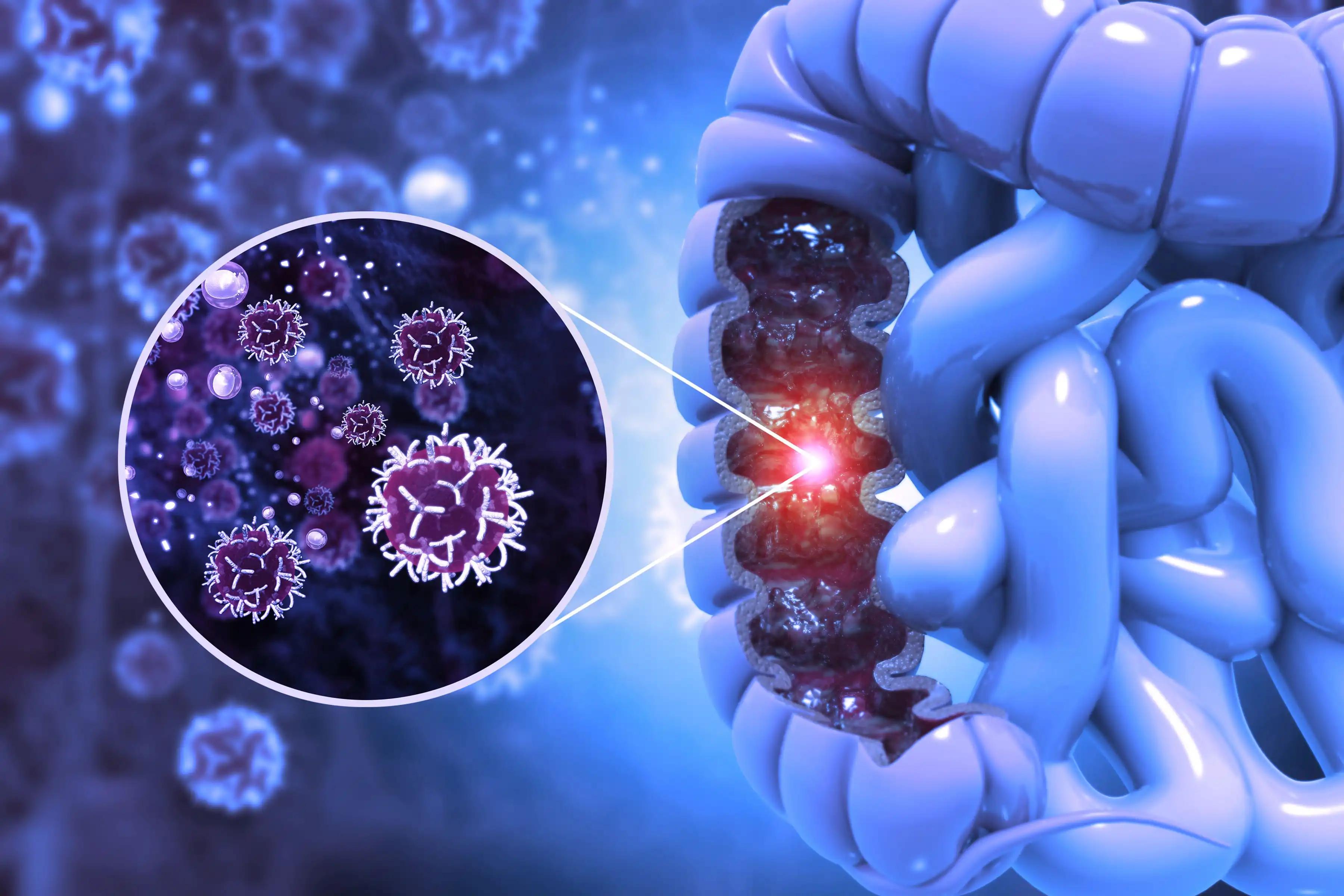KEY TAKEAWAYS
- The study aimed to explore PCGF2’s role in colon cancer and its connection to CENPE.
- The results showed that PCGF2 promotes colon cancer progression by upregulating CENPE.
Colon cancer is a common malignancy that significantly contributes to global health burdens. Researchers have linked polycomb group ring finger 2 (PCGF2) to poor outcomes in people with colon cancer. Centromere-associated protein E (CENPE) is also known to promote tumor growth and worsen survival rates in patients.
Qingwei Luo and their team aimed to clarify the role of PCGF2 in colon cancer and its relationship with CENPE.
The study involved normal human colon epithelial cells and colon cancer cells to assess the differences in PCGF2 and CENPE expression. The researchers used LOVO cells to manipulate PCGF2 levels and conducted cell viability, proliferation, and apoptosis assays. They also used transwell assays to measure cell migration and invasion. Gene expression linked to the cell cycle was evaluated to understand its activation, and in vivo experiments were performed using mice with altered PCGF2 levels. Additionally, GSK-923295 was applied to inhibit CENPE, followed by analysis of cell behavior.
The results demonstrated that both PCGF2 and CENPE were significantly upregulated in colon cancer cells (P< 0.001). Manipulation of PCGF2 levels directly affected CENPE expression, leading to changes in cell viability, proliferation, migration, invasion, and apoptosis in LOVO cells (P< 0.001). PCGF2 knockdown slowed tumor progression in mice (P< 0.001). Furthermore, inhibiting CENPE reversed PCGF2-driven effects on cell behavior, reducing viability, proliferation, and cell cycle activity while increasing apoptosis (P< 0.001).
The study concluded that PCGF2 drives colon cancer progression by upregulating CENPE, suggesting both as potential therapeutic targets.
No funding information was given.
Source: https://pubmed.ncbi.nlm.nih.gov/39327243/
Luo Q, Chen X, Tang J, et al. (2024). “PCGF2 Acts as an Oncogenic Driver in Colon Cancer through the Upregulation of CENPE.” Discov Med. 2024;36(188):1800-1810. doi:10.24976/Discov.Med.202436188.166



